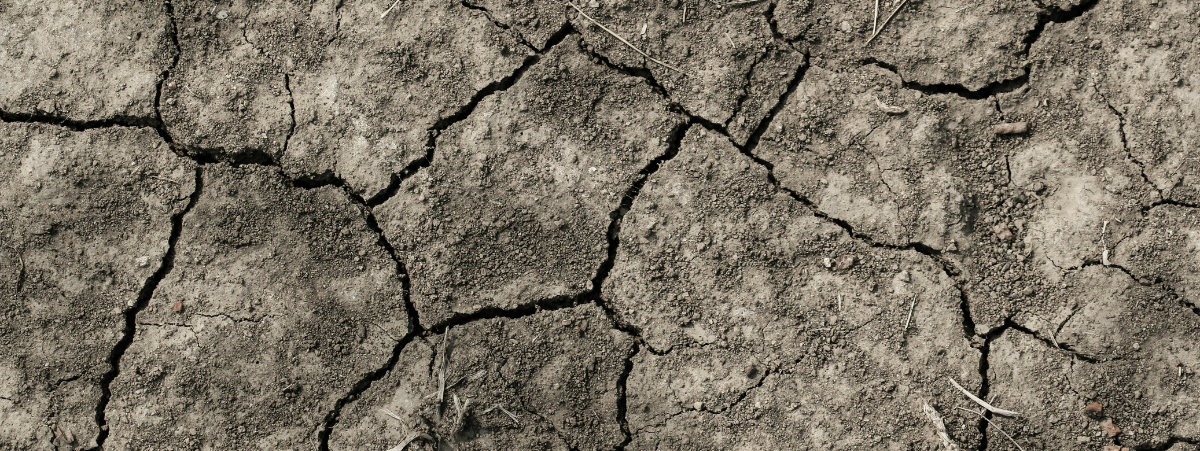Tourism contributes to around 8% of the world’s carbon emissions. There has never been a more important time to embrace responsible tourism.
As the climate crisis gains momentum and we are faced with an increasing number of extreme weather events, the concept of responsible tourism has gained support. Tourism accounts for approximately 8% of the world’s carbon emissions. This carbon footprint stems from a range of activities, including air travel, boat rides, souvenir production, and lodging.
Concerning the environment, cultural preservation, and socio-economic impacts, responsible tourism offers a sustainable and ethical approach to travel that benefits both travelers and the destinations they visit.
Let’s explore the essence of responsible tourism with 10 actionable ways to make a positive impact during your summer vacation.
1. Avoid Flying to Nearby Destinations
While air travel is often necessary for reaching far-off places, consider opting for more sustainable transportation methods when traveling to nearby destinations. Trains, buses, or carpooling can significantly reduce your carbon footprint and contribute to lower emissions.
2. Book Non-Stop Flights
When air travel is unavoidable, choose non-stop flights whenever possible. Takeoffs and landings are the most fuel-intensive phases of a flight, so by opting for direct routes, you can decrease the overall carbon emissions associated with your journey.
3. Take a Longer Vacation
Instead of planning several short trips throughout the year, consider extending the duration of your vacation. This reduces the environmental impact caused by frequent flights and helps you immerse yourself more deeply in the local culture of a single destination.
4. Use Public Transportation on Your Trip
Once you’ve arrived at your destination you can practice responsible tourism by making use of public transportation, biking, or walking to explore the area. Not only does this minimize congestion and pollution, but it also allows you to experience the destination from a local’s perspective.
5. Conserve Resources – Turn Down the Air Conditioning
When staying in accommodations, practice energy conservation by turning down the air conditioning or heating when you leave your room. Unnecessary energy consumption contributes to greenhouse gas emissions, so a small adjustment can make a big difference. While we might normally be more conscious of this at home, when we go on holiday we can be more relaxed about usage, which has an effect on energy consumption and emissions overall.
6. Consider Food Waste – Eat Local and Support the Local Economy
Opt for locally sourced and produced food during your travels. Not only does this support local farmers and businesses, but it also reduces the carbon footprint associated with transporting food long distances. Be mindful of portion sizes to minimize food waste.
Thanks to all-you-can-eat offerings, a lot of the food made for tourists ends up being thrown away. When this food is wasted, it means that all the pollution produced to make it was for nothing. Around the world, less than half of hotels use compost for their extra food. When this leftover food rots in landfills, it creates a gas called methane, which is 21 times worse for the environment than carbon dioxide.
7. Buy Meaningful Souvenirs, Not Mass-Produced Ones
Resist the allure of mass-produced trinkets and souvenirs. Instead, look for unique, locally crafted items that reflect the culture and heritage of the region. By supporting local artisans, you’re contributing directly to the community’s economy. The cheaper souvenirs will likely end up in the bin at home, contributing to increased plastic waste.
8. Stay at Eco-Friendly Hotels
Choose accommodations that prioritize sustainability and environmental responsibility. Green Hotels not only track and monitor their waste but they implement ways to recycle, reduce and eliminate the waste they create. They also seek ways to reduce their energy consumption and aim to educate guests on responsible tourism and sustainable travel.
9. Respect Local Culture and Traditions
Before visiting a new place, practice responsible tourism by taking the time to learn about its cultural norms and traditions. Respect local customs, dress codes, and etiquette. This shows your appreciation for the destination’s heritage and helps preserve its cultural identity.
10. Calculate and Offset Your Carbon Footprint while Supporting Sustainable Initiatives
While it’s challenging to completely eliminate your carbon footprint, you can do your best to calculate the carbon footprint of your trip by using a carbon footprint calculator. Once you have identified the emissions you are contributing, offset them by investing in carbon offset initiatives like those found on the ClimateTrade Marketplace.
Projects like the removal of ocean plastic in the mediterranean help to support responsible tourism. This initiative works with local fishermen to support sustainable initiatives and projects that focus on conservation, community development, and preserving natural resources.
Responsible tourism isn’t about sacrificing enjoyment
It’s about making conscious choices that enhance your travel experiences while minimizing negative impacts. By following these 10 ways to make a positive impact this summer, you can contribute to the well-being of the planet, support local communities, and develop a deeper understanding of the world’s diverse cultures. Remember, the choices you make today can pave the way for a more sustainable and enriching future of travel.








